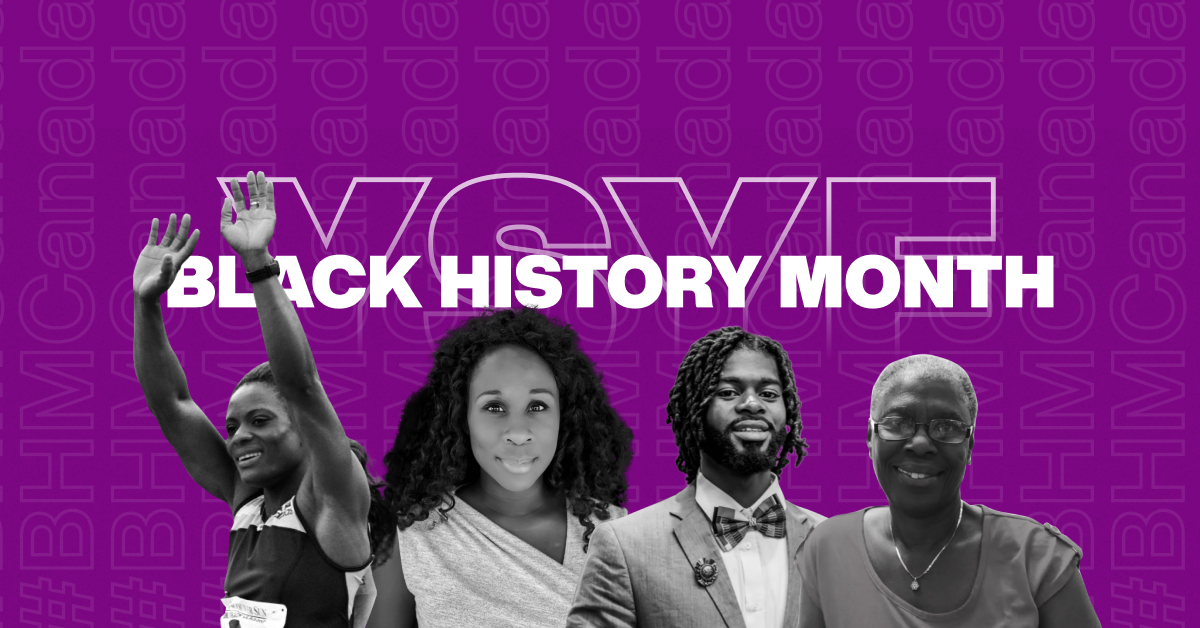
LET’S TALK ABOUT SEX: A DIALOGUE ON SEXUAL AND REPRODUCTIVE HEALTH IN GHANA
by Maryam Fatima
Let’s talk about sex. Sex is fundamental to the sustainability of the human species as it enables procreation, but it is also the source of physical and sexual pleasure for both men and women. In many cultures around the world, the topic of sex is rarely discussed. The “hush-hush” attitude and taboo surrounding this topic often creates barriers for youth to become adequately educated in sexual and reproductive health. These barriers perpetuate harmful norms regarding acceptable sexual activity for women and men including standards of virginity, dominance of men, and in some cases abuse.
As with many countries and cultures around the world, adolescent sexual activity in some communities in Ghana is viewed as “shameful”, “disgraceful”, or “disrespectful.”1 These perceptions surrounding the idea of sex do not necessariliy inhibit adolesent sexual activity or even promote abstinence in religious or conservative communities. In fact, despite such views, adolescent premarital sexual activity is quite common in Ghana. Just in the region of Dodowa alone, research indicates that 54% of unmarried males and 32% of unmarried females reported a sexual experience2.
This stigma, specifically in relation to adolescent sexual behaviour, has the potential to have destructive and damaging implications such as mental and physical health consequences, as well as violence and abuse particularly against women3.
What is sexual and reproductive health?
The World Health Organization (WHO) defines reproductive health as “a state of complete physical, mental and social well-being and not merely the absence of disease or infirmity, in all matters relating to the reproductive system and to its functions and processes.” 4 According to the WHO, sexual health and wellbeing is dependent on the following factors5:
- access to comprehensive information about sex and sexuality;
- knowledge about the risks individuals may face and their vulnerability to adverse consequences of unprotected sexual activity;
- ability to access sexual health care;
- living in an environment that affirms and promotes sexual health.
Impact of poor sexual and reproductive health
Stigma surrounding sex may pose challenges in enabling women to take charge of their sexual health by creating barriers in achieving the above mentioned factors. The Greater Accra Area faces considerable reproductive and sexual health challenges, where 1 in 10 women report menstrual irregularities, and 1 in 4 experience symptoms of sexually transmitted or reproductive tract infections6. Poor reproductive and sexual health can be further exacerbated through potential pregnancies. More specifically, unintended pregnancies may pose a dangerous threat to the health of women and their families. Unintended pregnancies can cause serious problems including unsafe abortions, delayed prenatal care, poor maternal mental and physical health outcomes, as well as poor child health7. Although the number of unintended pregnancies in Ghana is decreasing, the rates are still high, mainly due to poor access to reproductive healthcare, lack of family planning resources, inadequate reproductive health rights, and low empowerment of women7.
These challenges highlight the fundamental need to understand the dynamics and factors that influence unintended pregnancies and sexual health issues, as well as the need for stronger public health measures in prevention, education, and empowerment.
The complexity of this issue requires a multifaceted approach, not limited to policy work. Sexual and reproductive health empowerment calls for a collaboration between organizations on the ground, healthcare professionals, governments, and local communities. Together, they can start an open dialouge on changing the narrative of sex and take steps to make a change.
Works Cited
- 1. Hall KS, Manu A, Morhe E, Challa S, Loll D, Dozier J, Zochowski M, Boakye A, Harris L, Adanu R, Dalton V. Stigma and the social environment of adolescent sexual and reproductive health in ghana: understanding “bad girl”. Journal of Adolescent Health. 2016 Feb 1;58(2):S4.
- 2. Afenyadu D, Goparaju L. Adolescent sexual and reproductive health behaviour in Dodowa, Ghana. Washington, DC: Centre for Development and Population Activities. 2003 Apr.
- 3. Hall KS, Morhe E, Manu A, Harris LH, Ela E, Loll D, Kolenic G, Dozier JL, Challa S, Zochowski MK, Boakye A. Factors associated with sexual and reproductive health stigma among adolescent girls in Ghana. PloS one. 2018 Apr 2;13(4):e0195163.
- 4. WHO Reproductive Health : https://www.who.int/westernpacific/health-topics/reproductive-health
- 5. WHO Sexual Health: https://www.who.int/health-topics/sexual-health#tab=tab_1
- 6. Adanu RM, Seffah J, Anarfi JK, Lince N, Blanchard K. Sexual and reproductive health in Accra, Ghana. Ghana medical journal. 2012;46(2):58-65.
- 7. Eliason S, Baiden F, Yankey BA, Awusabo–Asare K. Determinants of unintended pregnancies in rural Ghana. BMC pregnancy and childbirth. 2014 Dec 1;14(1):261.
Featured image source: https://givingcompass.org/article/a-wake-up-call-for-womens-empowerment/







